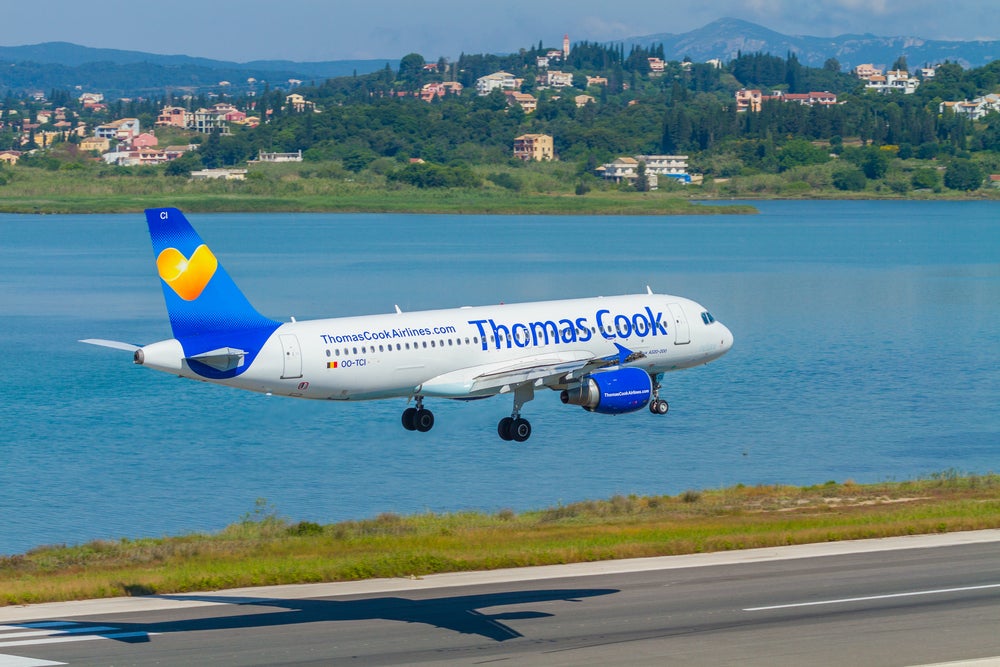
Travel company Thomas Cook’s collapse has been blamed on its failure to invest in technology disrupting the travel industry such as e-commerce, big data and artificial intelligence.
The 178-year-old UK-based tour operator ceased trading this week leaving 150,000 holidaymakers potentially stranded abroad.
In May, the group reported a £1.5bn loss, including £1bn written off following its 2007 merger with MyTravel (which included the airline Airtours and travel agency Going Places).
Commenting on the news of Thomas Cook’s demise, GlobalData head of thematic research Cyrus Mewawalla said: “Thomas Cook’s management failed to comprehend the impact the key themes of accommodation sharing and online travel would have on it. Had it invested early in these disruptive technology themes, it could have been a very different story.”
GlobalData noted that in 2010, Thomas Cook’s market capitalisation was around $3.2bn and that in the same year, Airbnb was worth around $100 million. Mewawalla said that if Thomas Cook had the foresight to invest in Airbnb when the sharing economy theme was in its infancy, it would not be in such dire straits. Today, Airbnb is estimated to be worth over $30bn, while Thomas Cook’s business has collapsed.
He said: “It did not need to end this way. As Thomas Cook’s demise has proved, viewing the world’s data by themes makes it easier to make important decisions. Companies that recognise and understand the disruptive themes impacting their business and invest in them become success stories; those who miss the big themes in their industry, as Thomas Cook did, end up as failures.”
How well do you really know your competitors?
Access the most comprehensive Company Profiles on the market, powered by GlobalData. Save hours of research. Gain competitive edge.

Thank you!
Your download email will arrive shortly
Not ready to buy yet? Download a free sample
We are confident about the unique quality of our Company Profiles. However, we want you to make the most beneficial decision for your business, so we offer a free sample that you can download by submitting the below form
By GlobalDataThomas Cook owns around 560 High Street travel outlets. But according to trade body Abta, just one in seven Britons now goes into a travel agent to book their holiday.
Thomas Cook’s failure to secure a £200m cash injection from its creditors has been cited as the immediate cause of its collapse.
Verdict is part of GlobalData plc.



